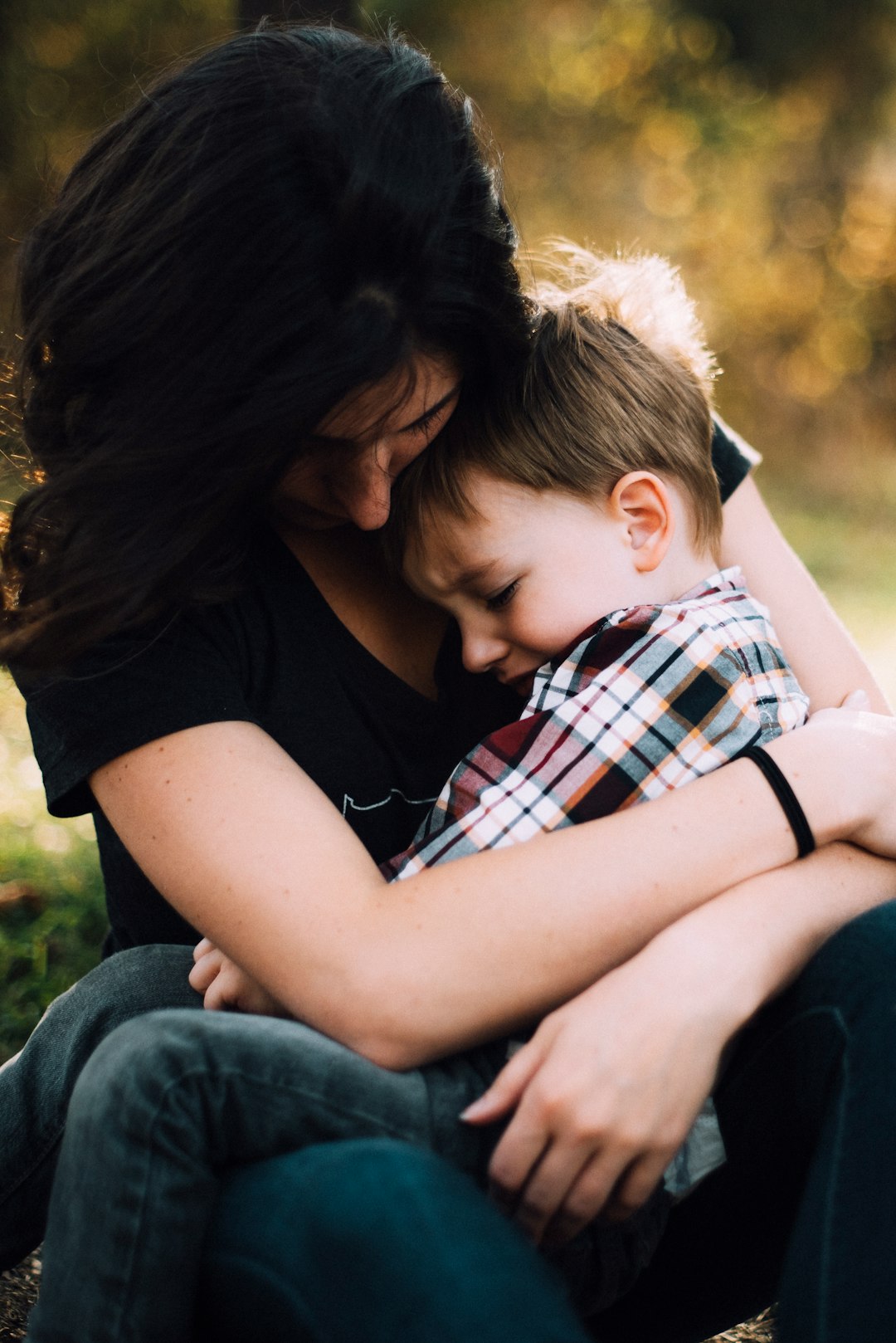Are you a Default Parent?
This article was first published elsewhere in June 2023.
What makes a Default Parent? Hint: it’s not your body parts.
Default Parents are the ones whose own lives are intertwined with their child(ren)’s to such depth it is impossible to prise them apart.

They are the ones who, if out for lunch on a weekend, are asked who’s looking after the kids.
They are the ones who know if their children’s school fees, vaccinations and dental checks are up to date without having to check with their spouse or a co-parent.
They are the ones who notice things are getting a bit tight, then source and swap kids’ clothes, hats, shoes, swimmers, car seats (etc etc) to bigger sizes.
They are the first name on the contact forms, the one most likely to be called if the kids get sick, the one assumed to be taking the next day off work.
They are the ones who cop the dirty looks if the toddler is being a toddler in the supermarket, the one quizzed on the baby’s feeding and sleep if two parents present to medical appointments, the one packing (or directing the packing of) the nappy/school/sport/travel bag and snacks (with supplies they organised to be available themselves).
They are the ones who prioritise their kids’ expenses, while delaying their own physio appointments/gym membership/haircut because money doesn’t grow on trees, and organising additional care for these things can be a pain in butt.
They are the ones who read the books, do the research and work on their own shit trying to break generational cycles, then spend their time trying to educate and support other caregivers to be better too.
They are their children’s biggest advocates and cheerleaders, yet also their safe space and the garbage bin for big feelings.
The Default Parent is usually a biological mother or birth parent, but isn’t always. They may have known this child from the moment of conception, or come into their lives well down the track, or somewhere in between. They may work full time, sometimes, or not be in paid employment, and may or may not have other caring roles and unpaid responsibilities. They may be partnered, spend large chunks of time parenting solo, or be a single parent. Their children may live with them all the time or part of it.
Come to think of it, the definition doesn’t really matter - what matters is that they carry the load, one that’s easier carried when connected with others rather than feeling alone.
Does this article resonate with you? If you would like to be part of a Default Parent community that "gets it", you might like to join my low-cost online membership community.
Categories
- News (33)
- Breastfeeding (22)
- Post-partum (69)
- Sleep (14)
- Food (7)
- Partners (19)
- Rehab (2)
- Parenting (51)
- Birth (21)
- Pandemic (14)
- Research Update (5)
- Decolonisation (2)
- Covid (14)
- Education (8)
- Motherhood (43)
- vaccines (2)
- Children (9)
- self employed (2)
- government policy (3)
- feminism (10)
- abortion (3)
- lockdown (3)
- infancy (1)
- gentle parenting (10)
- infertility (1)
- parenthood (9)
- isolation (2)
- village (5)
- Pregnancy (7)
- Podcast (2)
- Mental Health (5)
- Career (2)
- Mental Load (1)
- Community (1)
- Technology (1)
- Doula (2)
0 comments
Leave a comment
Please log in or register to post a comment